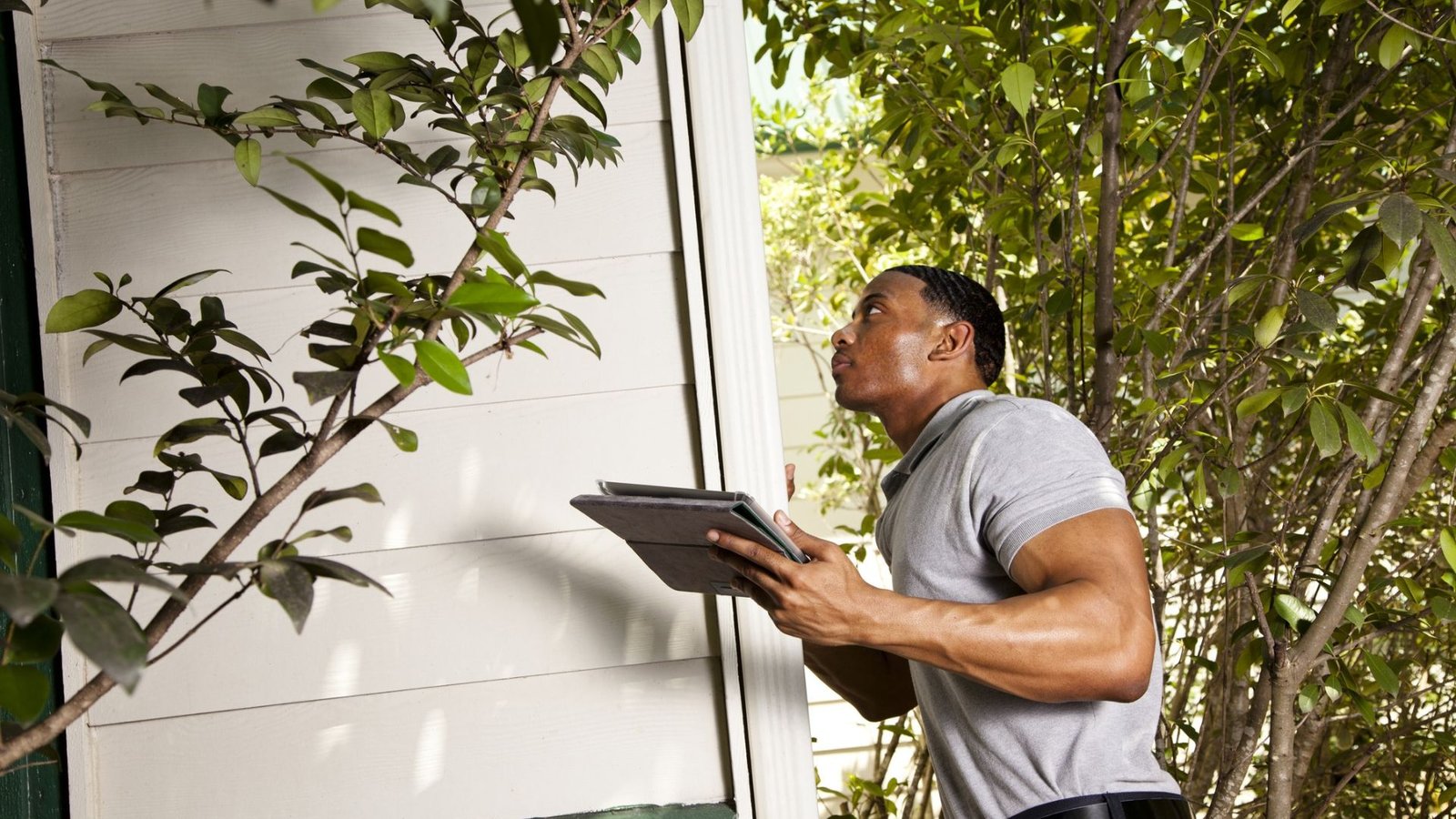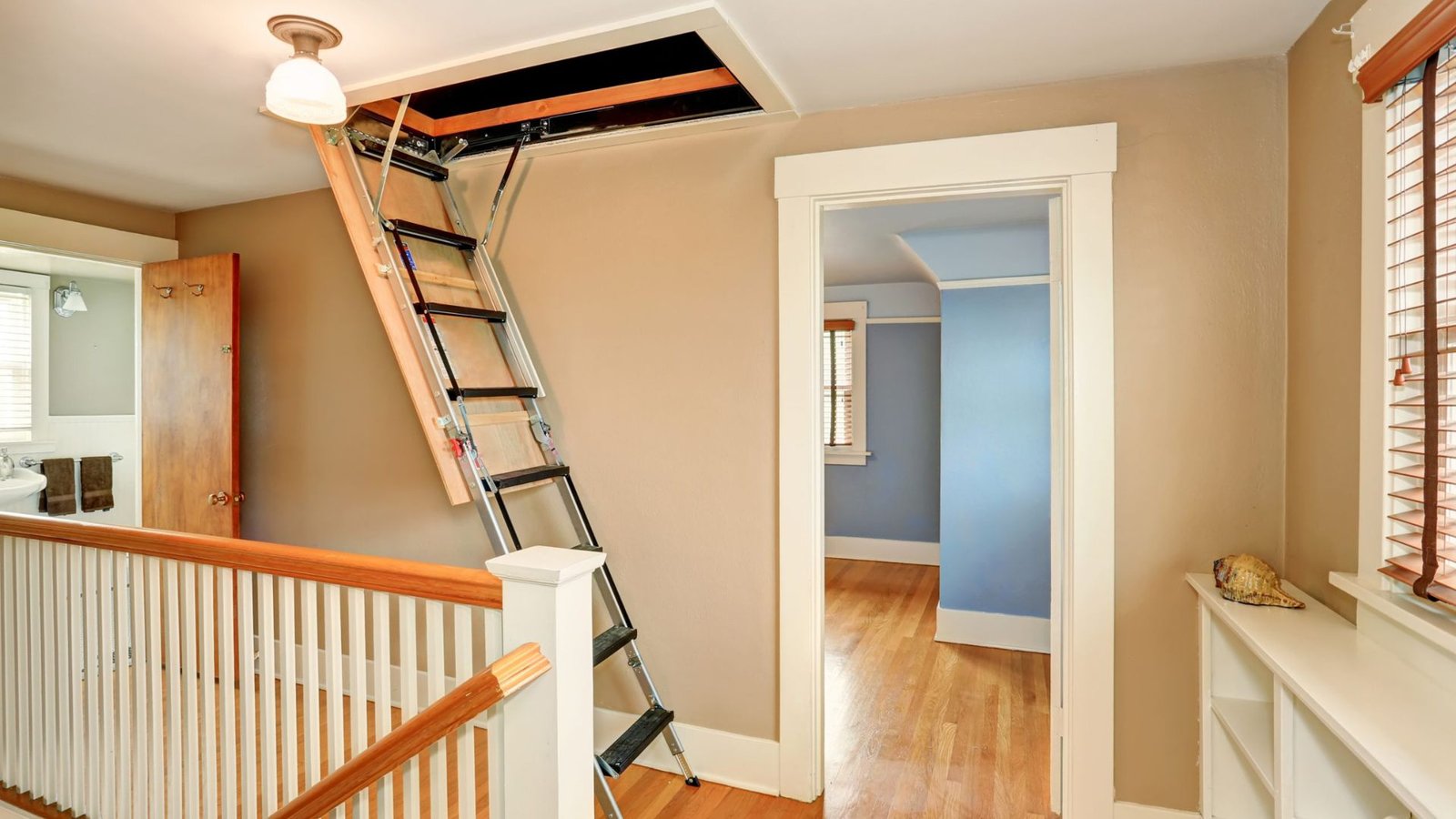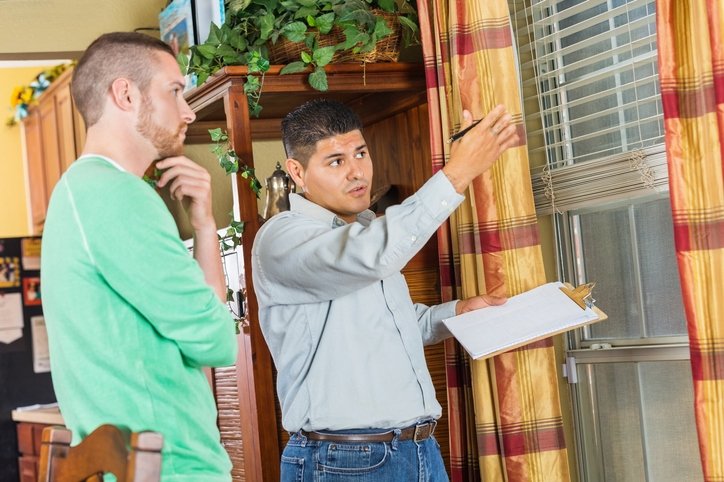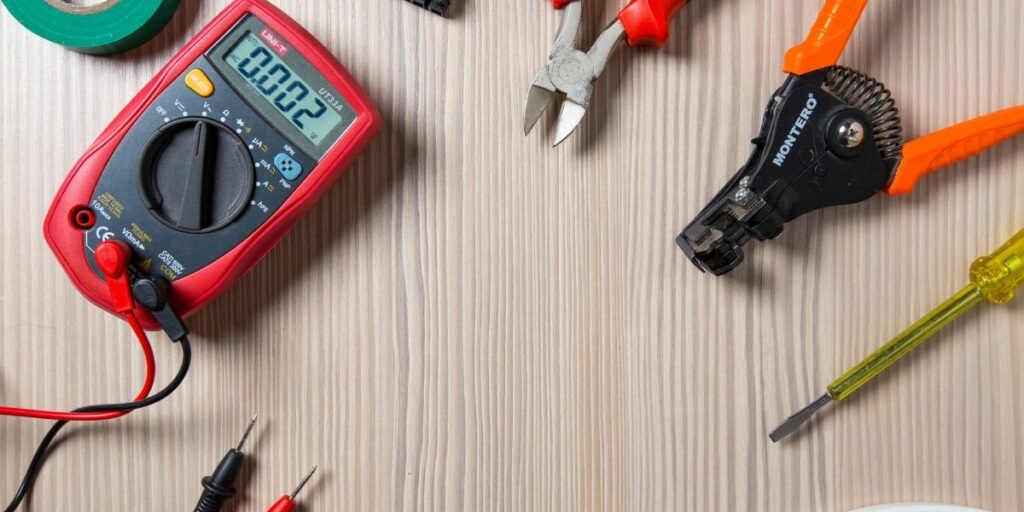A home inspection is an important part of the home-buying process. It is a thorough examination of a property’s condition. When you buy a home, you want to make sure it’s in good shape. A home inspection helps you do just that. In this article, we will explain what home inspection means, why it’s important, and what it involves.

What Is a Home Inspection?
A home inspection is a professional evaluation of a house. A licensed home inspector looks at various parts of the home to check for any issues or damage. The goal is to give you a detailed understanding of the home’s condition before you make a final decision to buy.
Home inspections are usually requested by the buyer once an offer has been accepted on a property. The inspector checks the home from top to bottom, looking for problems that may not be visible during a regular walk-through. These problems could be minor issues or major concerns that could affect the safety, comfort, or value of the home.
Why Is a Home Inspection Important?
A home inspection is crucial because it helps you avoid unexpected problems. Buying a home is a huge investment, and you don’t want to end up with costly repairs after you’ve moved in. Here’s why a home inspection is so important:
1. Identify Hidden Issues
Even if a home looks perfect, it might have hidden problems that aren’t visible to the naked eye. These could include plumbing leaks, electrical issues, or structural damage. A home inspection helps uncover these hidden problems before you buy the property.
2. Avoid Unexpected Repair Costs
A home inspection can save you from paying for expensive repairs. If the inspector finds significant issues, you can negotiate with the seller to fix them or lower the price. This allows you to avoid unexpected costs after the sale is complete.
3. Ensure the Home Is Safe
A home inspection looks for safety hazards such as faulty wiring, mould, or unstable foundations. These issues can pose a risk to your health and safety. A professional inspector will ensure that the home is safe to live in.
4. Help You Make Informed Decisions
The results of a home inspection give you more information about the property. With a clear understanding of the home’s condition, you can make an informed decision about whether to proceed with the purchase or look for another home.
What Does a Home Inspection Include?
During a home inspection, the inspector checks a wide range of items in the home. Here are the main areas they focus on:
1. Exterior of the Home
- Roof: The inspector will check for missing shingles, leaks, or damage.
- Foundation: They will look for cracks or shifting that could affect the home’s stability.
- Siding and Walls: They will inspect for any signs of damage, rot, or moisture.
- Windows and Doors: The inspector will check that they open and close properly and look for any issues around the frames.
2. Interior of the Home
- Plumbing: The inspector will check for leaks, water pressure, and the condition of the pipes.
- Electrical System: They will check outlets, switches, and the electrical panel to ensure everything is functioning properly.
- HVAC System: The heating, ventilation, and air conditioning systems are checked for proper function.
- Attic and Basement: The inspector will look for insulation, signs of moisture, and structural issues.
3. Other Important Areas
- Appliances: Some home inspectors will test appliances like the oven, dishwasher, and refrigerator to ensure they are working.
- Pests: The inspector may check for signs of pest infestations, such as termites or rodents.
What Happens After a Home Inspection?
Once the home inspection is complete, the inspector will provide you with a detailed report. This report will include:
- A summary of the findings: The report will outline any issues the inspector found during the inspection, including major problems or minor concerns.
- Pictures: The report may include pictures of areas of concern, such as a leaking pipe or damaged roof.
- Recommendations for repairs or further inspections: If necessary, the inspector may suggest repairs or recommend further inspections by a specialist, such as an electrician or plumber.
What Do You Do With the Report?
After receiving the inspection report, you have several options:
- Negotiate with the Seller: If significant issues are found, you can ask the seller to fix them before the sale is finalized. Alternatively, you can ask the seller for a price reduction to cover the cost of repairs.
- Walk Away: If the inspection reveals major issues that you don’t want to deal with, you can choose to walk away from the deal and look for another home.
- Proceed with the Sale: If the inspection report is clean or only lists minor issues, you can move forward with the purchase, knowing that you are making an informed decision.
How Much Does a Home Inspection Cost?
The cost of a home inspection varies depending on the size and location of the home. On average, a home inspection costs between $300 and $500. However, additional services, like testing for radon or termites, can add to the cost. The price is generally considered a small investment compared to the potential savings and peace of mind it offers.
Conclusion
In simple terms, a home inspection is a professional examination of a property’s condition. It helps you understand any hidden issues and avoid costly repairs. A home inspection is crucial for making an informed decision when buying a home. It gives you the knowledge you need to protect your investment and ensures that the property is safe and sound.
If you are buying a home, don’t skip the inspection. It may cost a little upfront, but it could save you a lot of money and stress in the long run. A home inspection is a smart and necessary step to take before making one of the biggest investments of your life.




